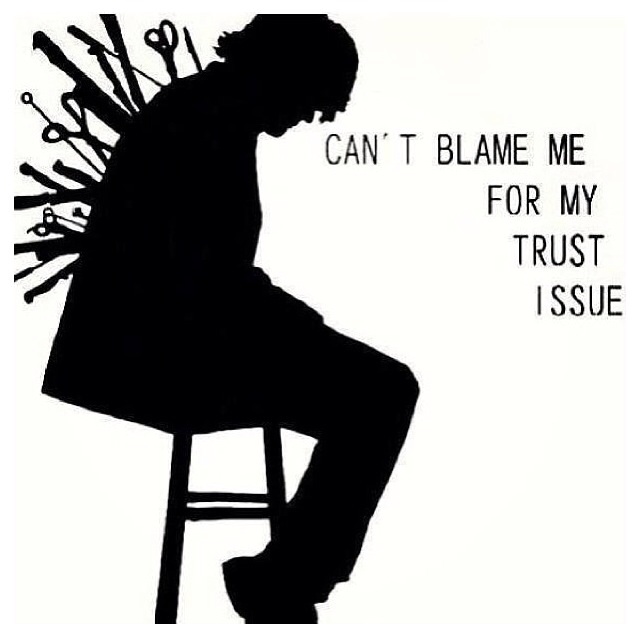Although you may be an unfiltered person, one who holds nothing back, takes no prisoners, add one powerful tool to your arsenal: restraint. Even though it may seem counterintuitive, take some opportunities to exercise restraint when folks will not expect you to filter yourself or remain silent. If something is said, especially if well-planned, orchestrated by one or more individuals, that would normally ignite your metaphorical fire, shock people occasionally by responding to their mean-spirited, intentionally injurious words with silence or a filtered, understated retort. When you’re known for bringing the metaphorical heat, you can keep your opponents dazed and confused by sometimes responding in ways much less vigorous than is typical. Don’t let people easily anticipate you and your response; add some mystery, some deeper nuance, some extra layers to you and your reactions.
Trust me, I understand how difficult this can be. Recently, I was reminded how challenging this is for someone who doesn’t “play no games,” but, after robust reflection, I saw how my restraint confounded my adversaries. Even if your detractors think they have defeated you with their well-designed takedown, one analogous to those Vice President Kamala Harris deftly delivers, withhold your raw response—at least temporarily.
Let them wonder when you will bring the heat to them. I know you’re probably saying, “My enemies will think their comments went over my head.” That’s okay; let them think this. Let them think you’re not as tough as once thought. Wait until the opportune time, especially a time when they are no longer thinking about what they said, and then verbally annihilate them.
To employ this strategy, you must see the beauty of restraint. Restraint doesn’t mean allowing yourself to be slaughtered. Not at all! You’re actually bamboozling and hoodwinking them. They will not discover it until it’s too late.
If you’re not willing to be vulnerable, then this strategy will not work. In fact, you will not even take a necessary leap of faith to employ it.
Take a leap of faith. Strengthen your metaphorical firepower with occasional restraint. Win more battles and wars—win them more decisively.
Dr. Antonio Maurice Daniels
University of Wisconsin-Madison































